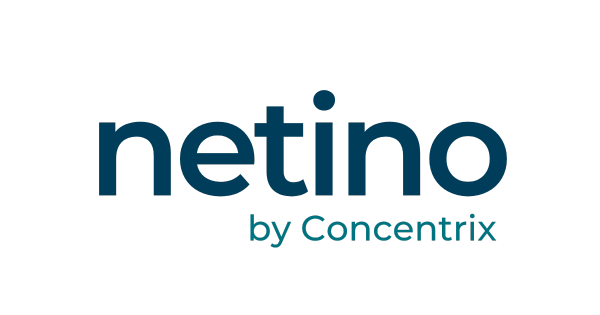Why Are Companies Calling for a Pause on the AI Act?
Carrefour, BNP Paribas, Airbus, TotalEnergies, and even Mistral AI were initially supportive of the EU’s ambitious AI Act. But now, 45 major companies are asking the European Commission to slow down. In an open letter sent on July 3rd, they requested a two-year moratorium. The goal? To avoid an implementation that’s seen as rushed, overly complex, and potentially unworkable in its current state.

What Does the AI Act Require?
Adopted in 2024, the AI Act categorizes AI systems by risk level: minimal, limited, high, or prohibited. “High-risk” systems must meet strict criteria : transparency, safety, human oversight, robustness, etc. To comply, companies are expected to follow technical standards that are still being developed by the CEN and CENELEC, and not due for completion until 2026.
Yet deadlines are fast approaching:
- August 2025: Obligations kick in for general-purpose AI models (GPAI).
- August 2026: Obligations extend to high-risk AI systems.
In practical terms, companies will have to demonstrate their compliance without a clear framework, without any “presumption of conformity.” In short: the burden of proof falls entirely on them, within a troubling regulatory grey area.
The Private Sector Pushes Back: “Clock Stop”
In this climate, a united front of European companies is calling for a “clock stop.” Mistral AI – valued at over €2 billion and once a poster child for Europe’s AI strategy – is now among the voices urging delay. Cofounder Arthur Mensch signed the letter, pointing out a major flaw: the AI Act still doesn’t clearly differentiate between open-source GPAI and proprietary models.
Around forty other leading European companies from the banking, energy, aerospace, and technology sectors support the request. Among them: Airbus, Carrefour, BNP Paribas, TotalEnergies, Siemens, SAP, Lufthansa, and many others.
In its current form, the AI Act does not clearly distinguish between closed-source GPAIs – developed by giants like Google DeepMind (an Alphabet subsidiary known for cutting-edge proprietary models like Gemini) – and open-source initiatives from smaller or community-driven players. The result: the same legal requirements could be applied to projects with vastly unequal resources.
This contradiction reveals a larger issue: a regulation meant to protect and empower European startups may end up stifling them. By trying to level the playing field against U.S. tech giants, the EU could inadvertently handicap the very players it hopes to help.
Response and Implications for Businesses
In response to the pressure, the European Commission is attempting to buy time without backing down. It has announced several support measures:
- Creation of an AI Act Service Desk to guide businesses
- Launch of a “Digital Simplification Omnibus Package” by the end of 2025
- Possible postponement of the GPAI Code of Conduct until the end of 2025
But one thing is non-negotiable: no pause.
As Commission spokesperson Thomas Regner put it:
“A legal text is a legal text. Legal deadlines are legal deadlines.”
At a press briefing, he doubled down:
“There is no stopping the clock. No grace period. No pause.”
What Now? Three Takeaways for Companies
- Preparation beats panic
Start now with audits, technical documentation, and risk assessments. - Being early is a competitive edge
Early adopters will inspire more trust among regulators, partners, and clients. - Stay agile
Monitor how standards evolve, adjust investment strategies, and take advantage of simplification initiatives.
Behind this regulatory clash looms a deeper risk: that Europe slows its own innovation. Excessive complexity could trigger a talent exodus or shift innovation to more flexible regions (U.S., Asia…).
Without adjustments, the EU may even face internal regulatory fragmentation among its member states.
In this uncertain landscape, the smartest move is to listen before you leap.
Netino helps you catch the signals, anticipate the changes, and stay one step ahead.
N'hésitez pas à partager cet article !
"Why Are Companies Calling for a Pause on the AI Act?"

